Discover, Learn, Celebrate: Indian Culture Awaits!
-
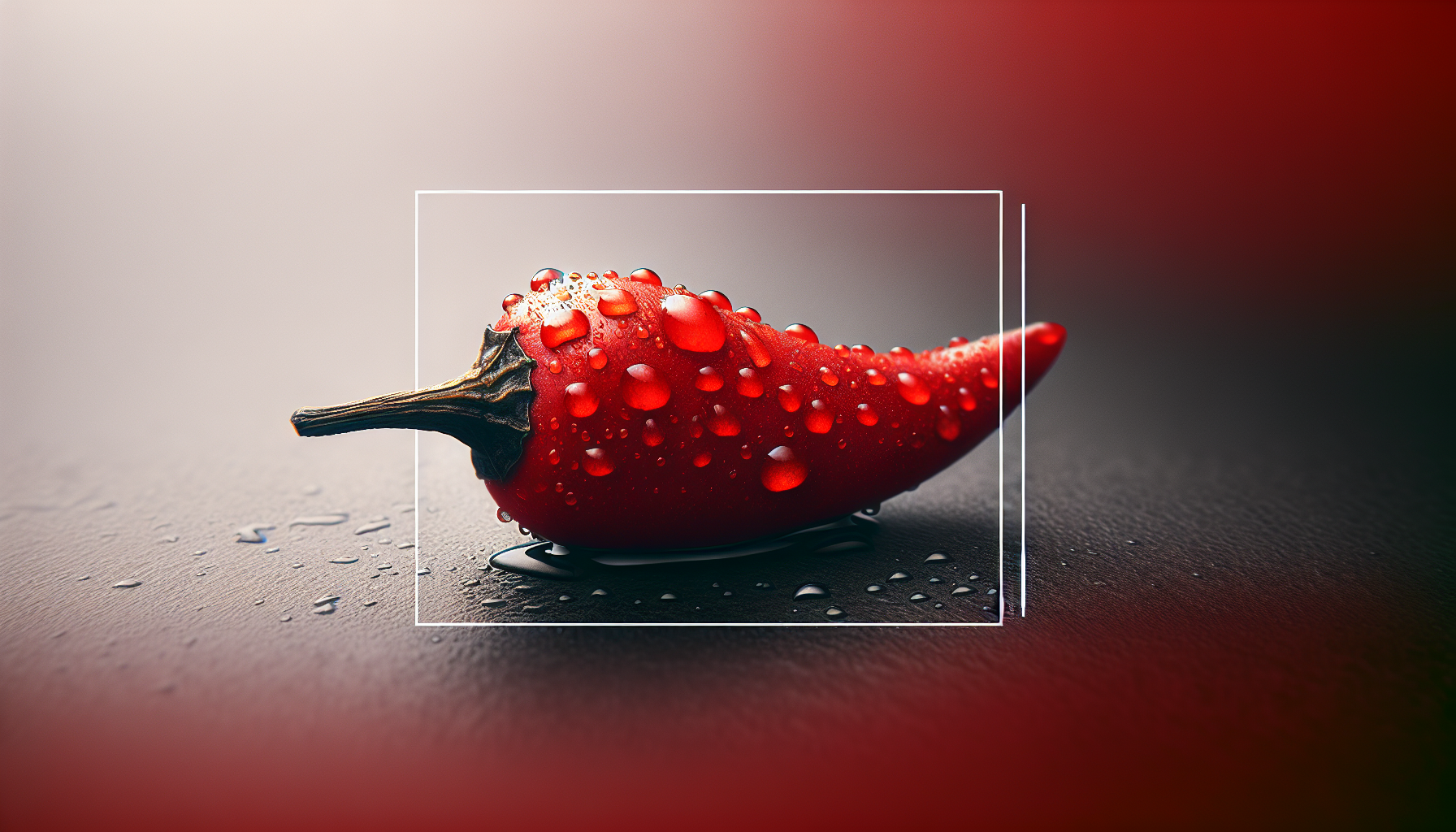
The Culinary Delights Of Andhra Pradesh: Spice And Heat
Discover the vibrant and fiery flavors of Andhra Pradesh’s culinary delights. From rich biryanis to fiery pickles, experience a culinary adventure.
-

The Impact Of Indian Literature On World Music
Discover the profound impact of Indian literature on world music. From Sanskrit texts to classical epics, explore the cultural significance and global influence of Indian literary treasures.
-
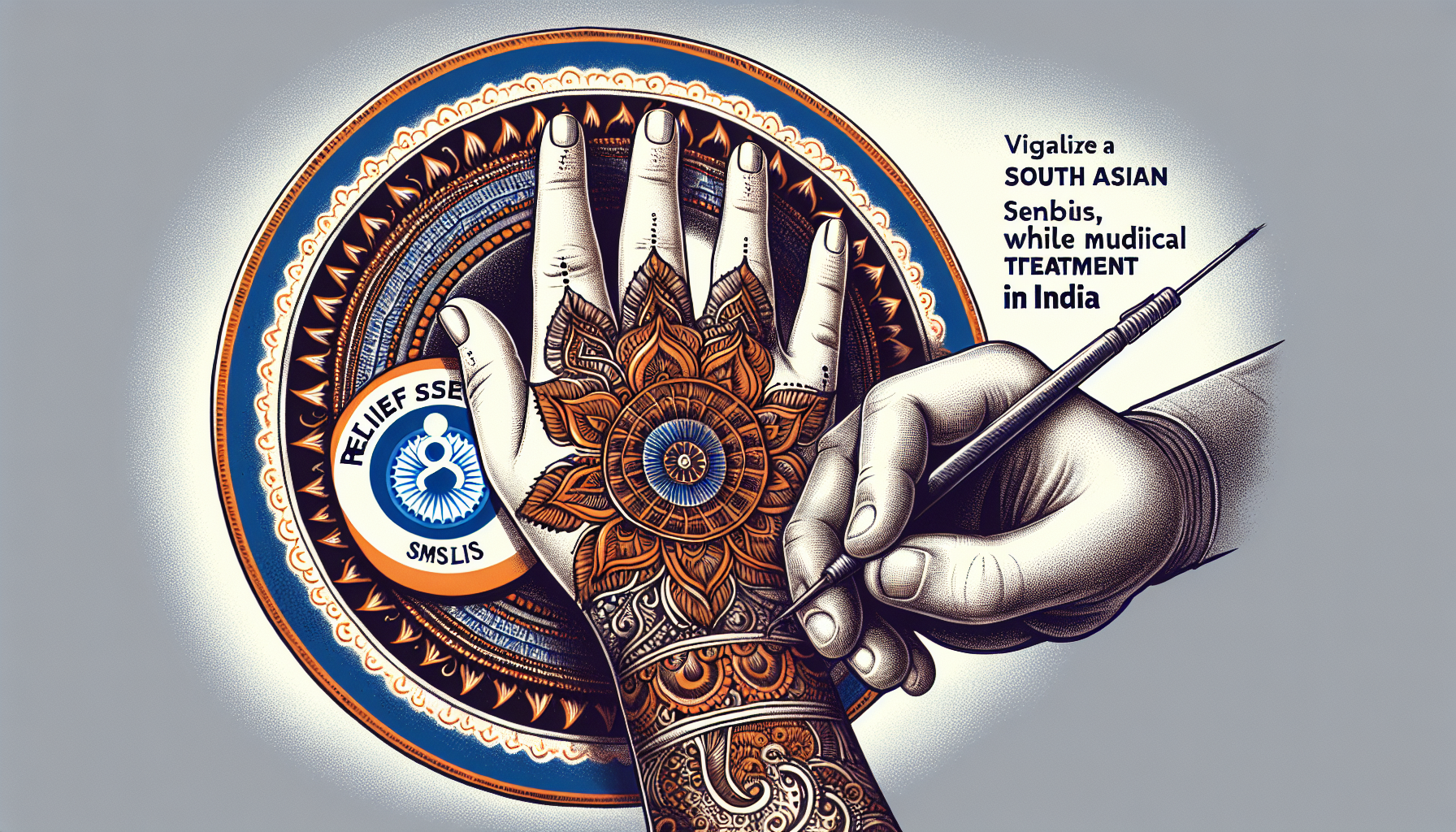
Medical Tourism For Multiple Sclerosis In India: Quality Treatment
Looking for quality treatment for multiple sclerosis? Look no further than India. Experience world-class care in the heart of India, while immersing yourself in its vibrant culture.
-

Ayurvedic Practices For Glowing Skin
Learn about Ayurvedic practices for glowing skin. Discover natural remedies and holistic techniques from India’s rich tradition of Ayurvedic medicine. Achieve radiant and rejuvenated skin with time-tested Ayurvedic wisdom.
-
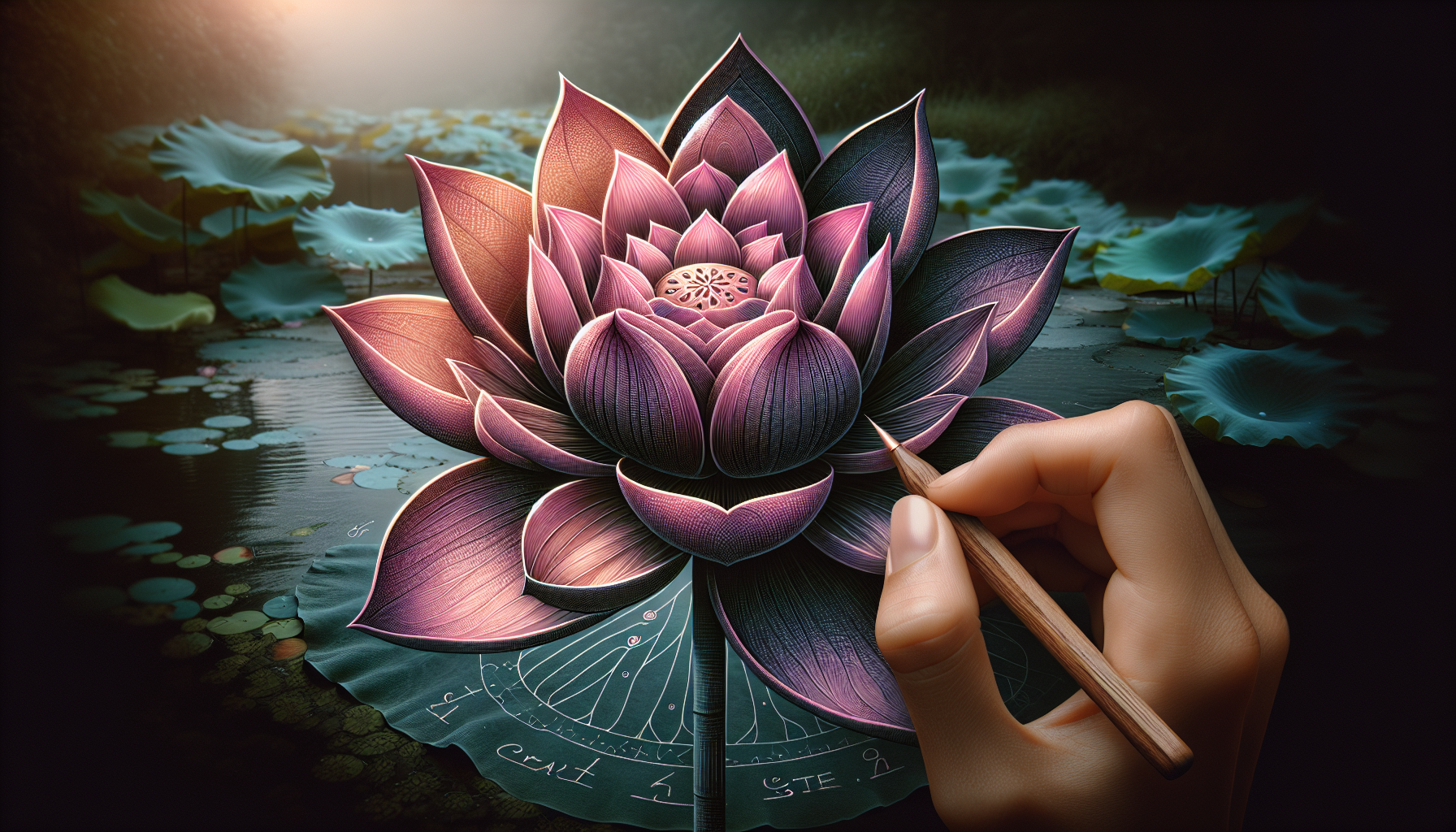
Yoga And Breathwork Integration: Harnessing Breath For Transformation
Discover the profound connection between yoga and breathwork for transformation and self-discovery. Harness the power of breath for inner peace and holistic well-being. Explore the secrets of integration and unlock your potential.
-
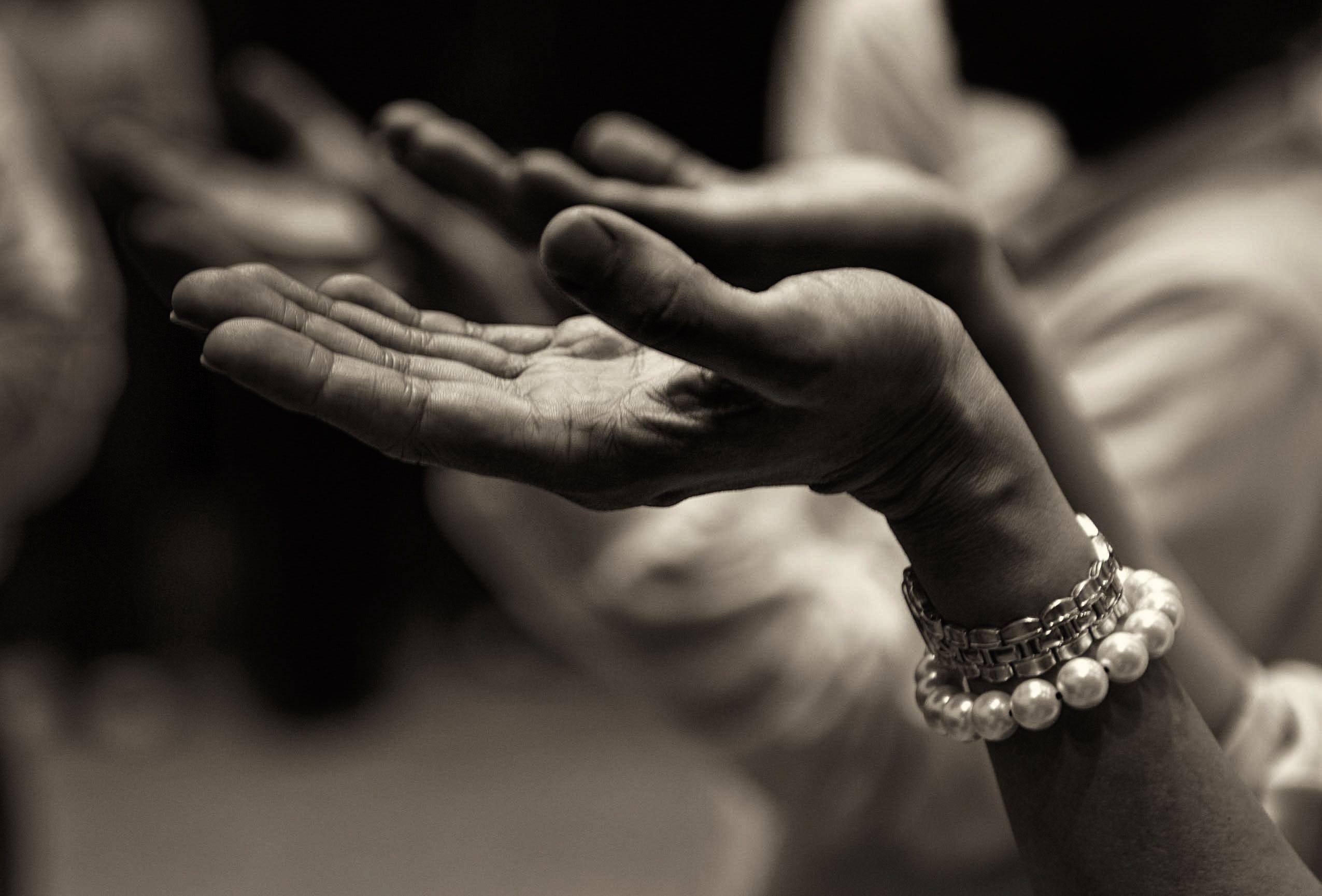
Shantadurga Temple Goa: The Peaceful Goddess
Discover the captivating allure of Shantadurga Temple Goa, a sanctuary dedicated to the peaceful goddess. Uncover its rich history, architectural marvel, and spiritual significance in this transformative journey.
-
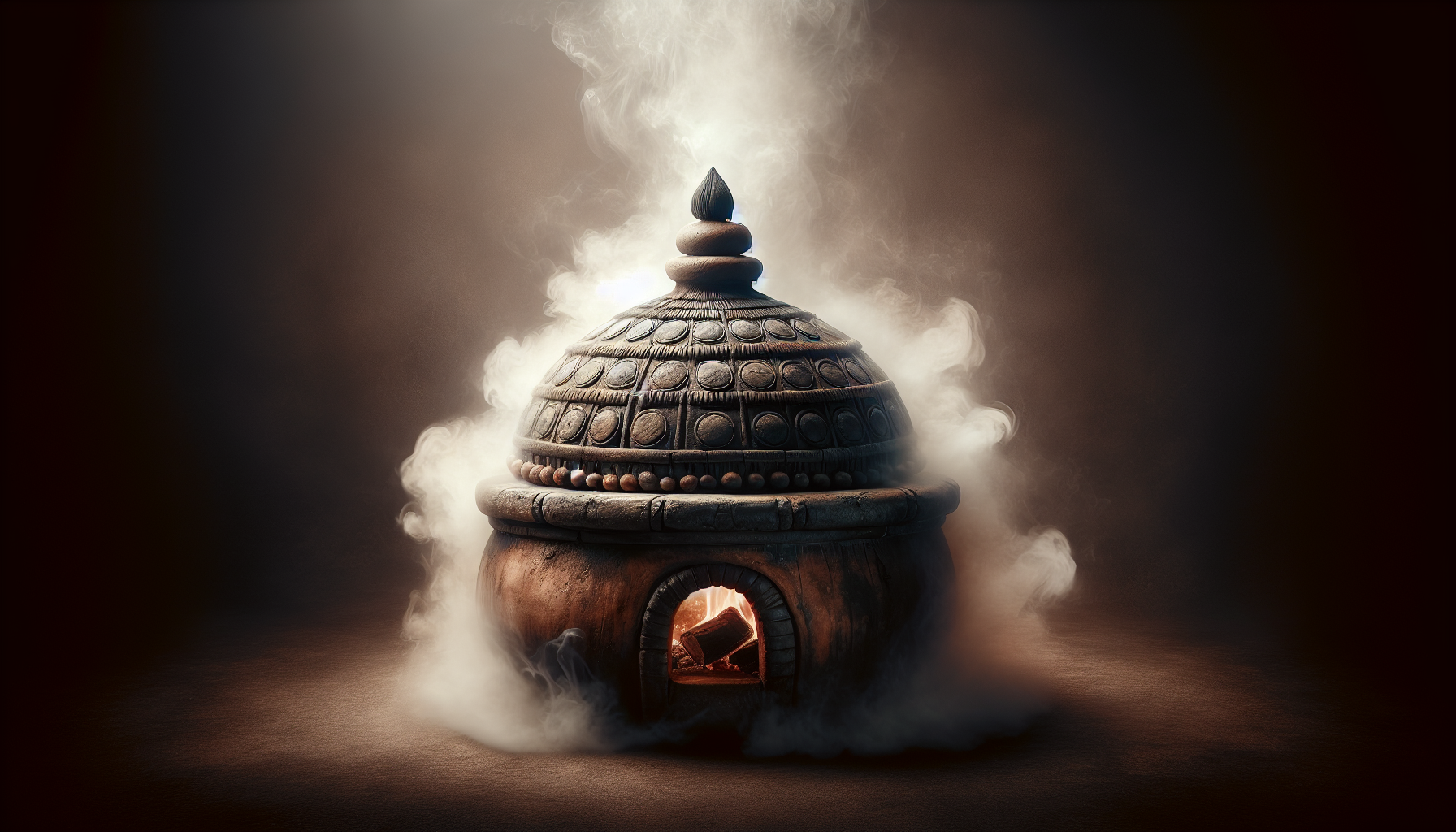
The Tradition Of Indian Culinary Research: Rediscovering Roots
Uncover the rich history and diverse flavors of Indian cuisine. Rediscover the roots of Indian culinary traditions and explore regional specialties. Join us on a culinary journey to India’s vibrant past.
-
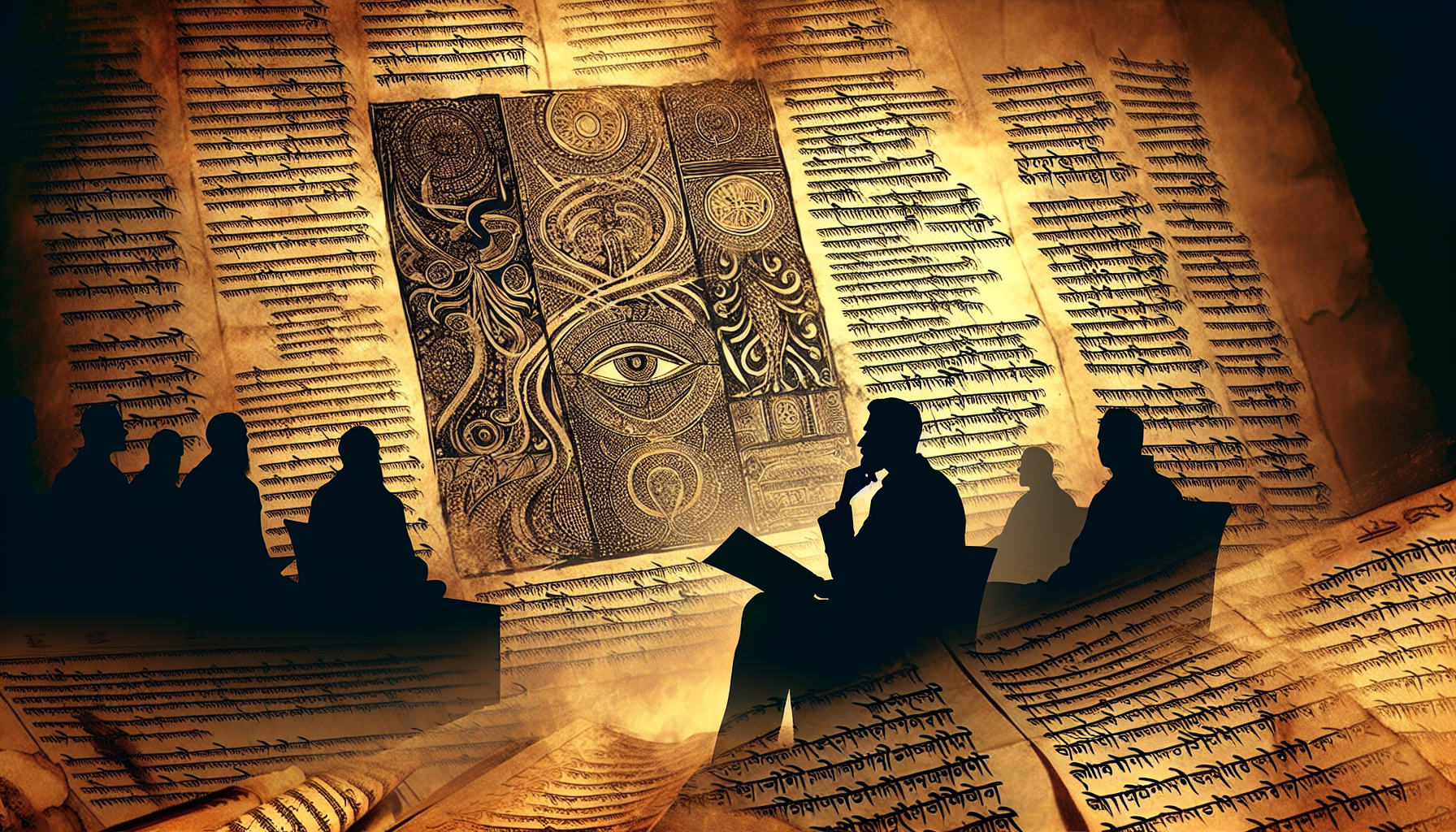
The Influence Of Indian Literature On Global Political Thought
Discover the profound influence of Indian literature on global political thought. From ancient Sanskrit texts to contemporary authors, explore how Indian literature has shaped perspectives and ideologies worldwide. Join us on a journey to uncover the linguistic and literary treasures of India.
-
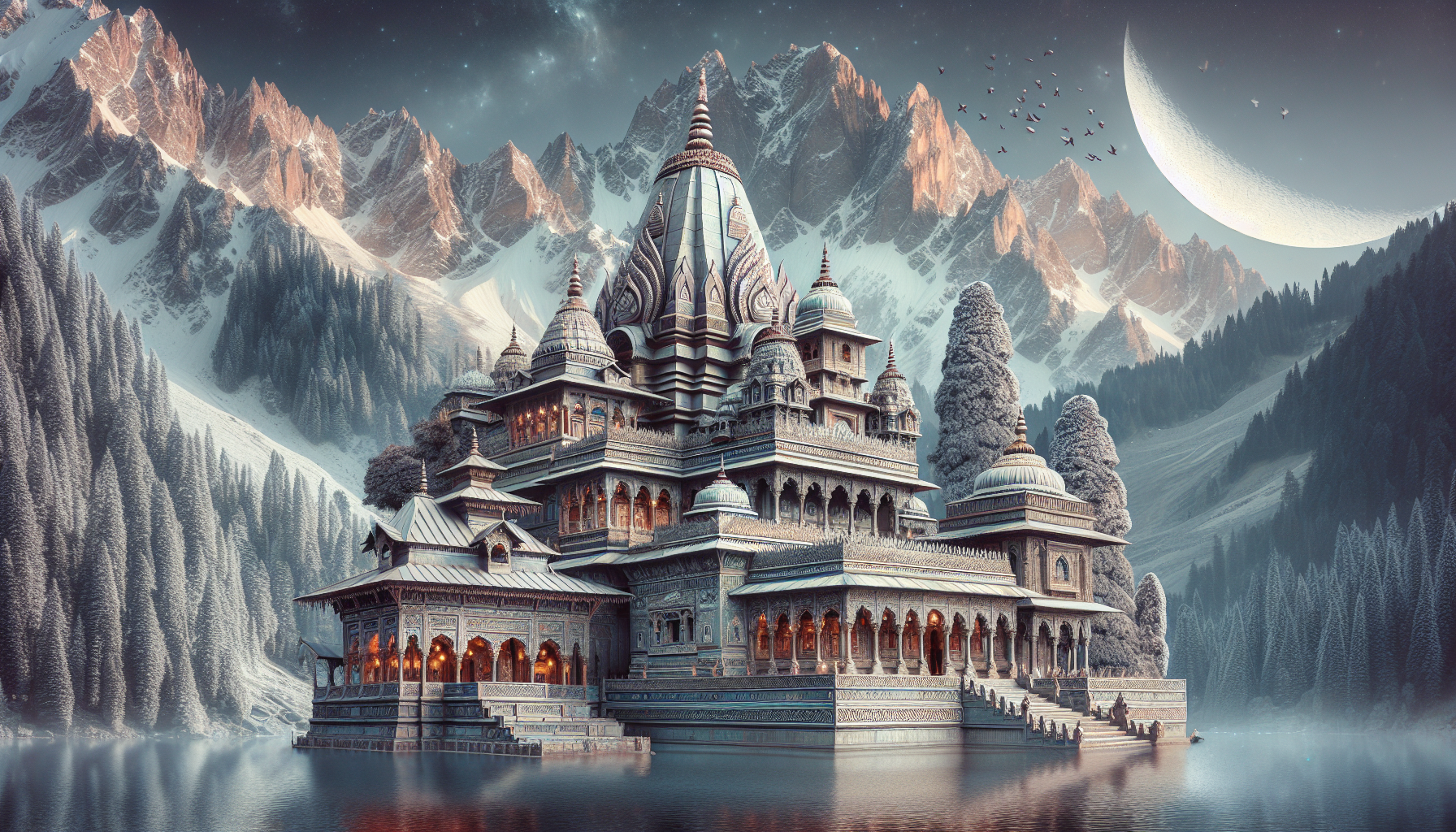
Shankaracharya Temple Srinagar: The Lord Of Mountains
Uncover the spiritual allure of Shankaracharya Temple in Srinagar, India. Journey with us to this ancient marvel and explore its history, architecture, and breathtaking surroundings. Discover the profound significance of the Lord of Mountains in Hindu mythology. Join us on this soul-stirring expedition.
-
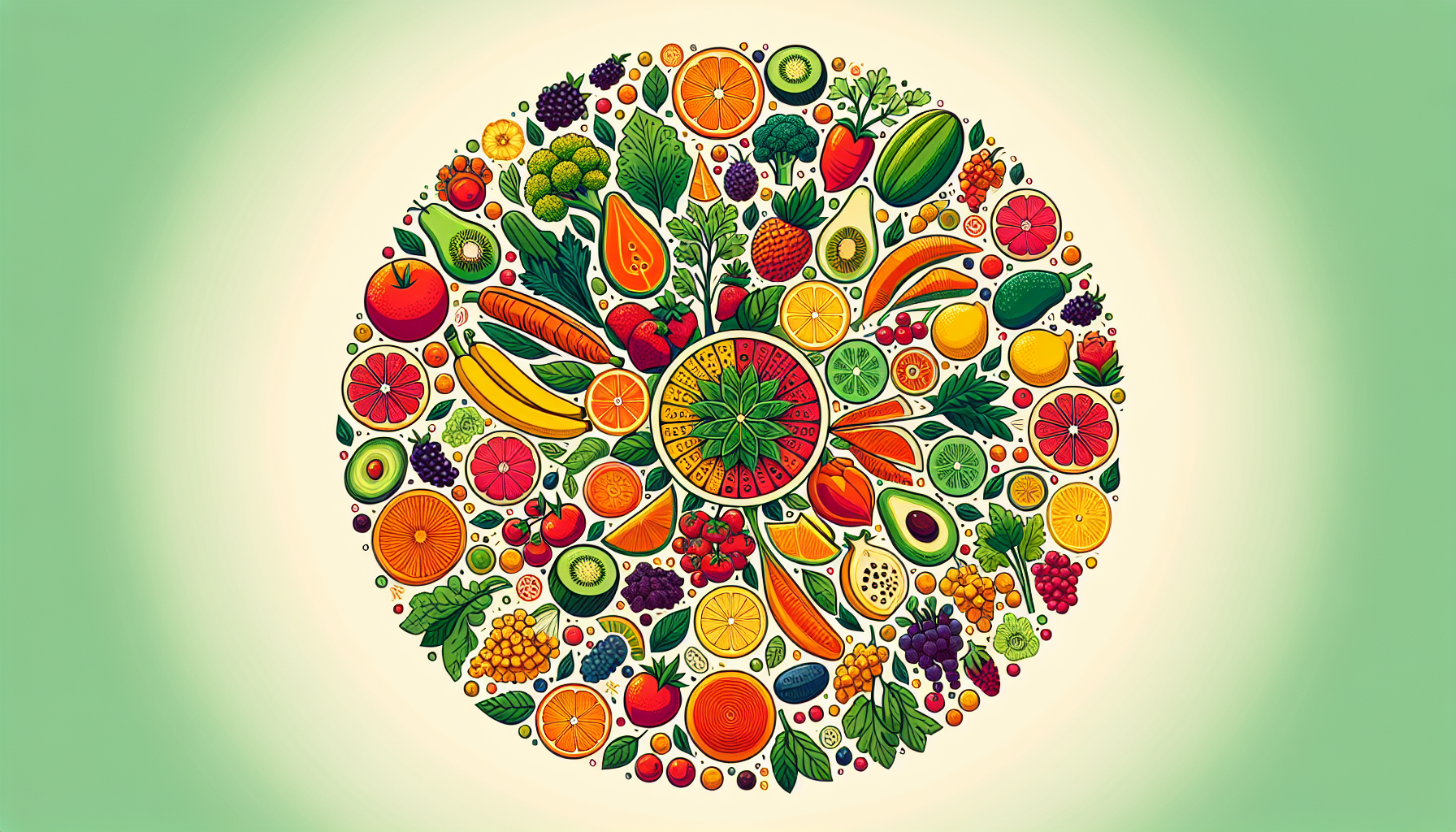
Ayurvedic Nutrition: Ayurvedic Detox
Discover the principles and benefits of Ayurvedic nutrition and unlock ancient secrets for a healthier, more balanced life with Ayurvedic detox.